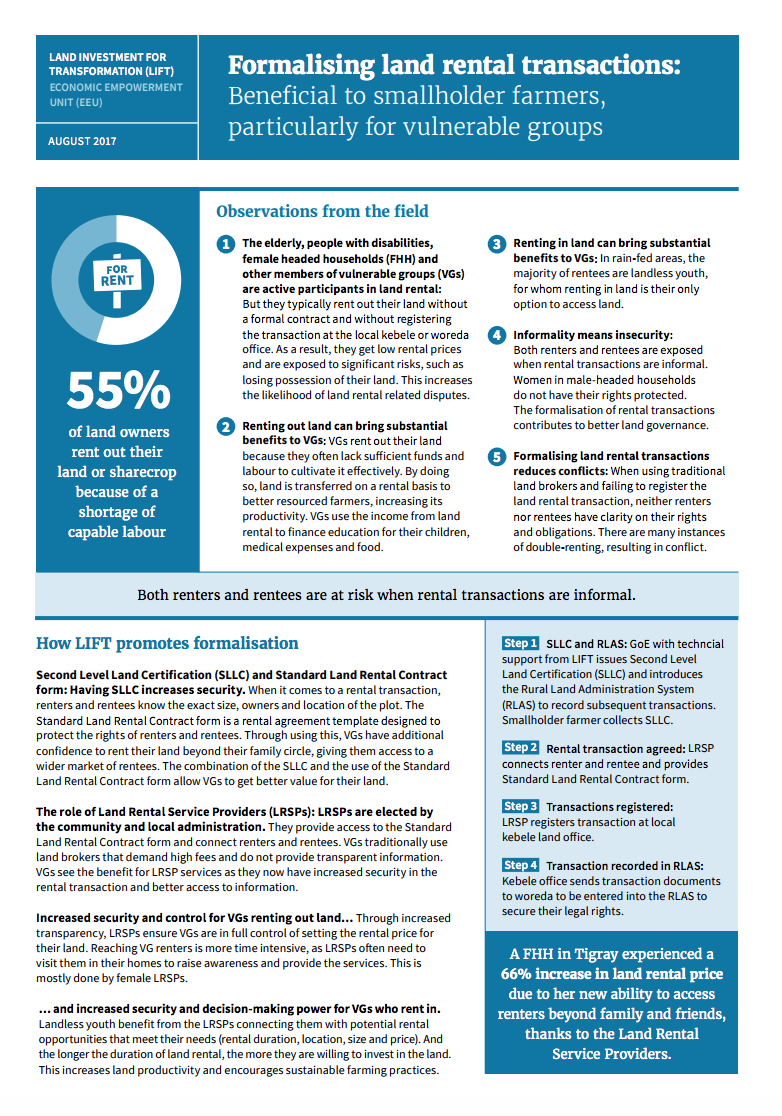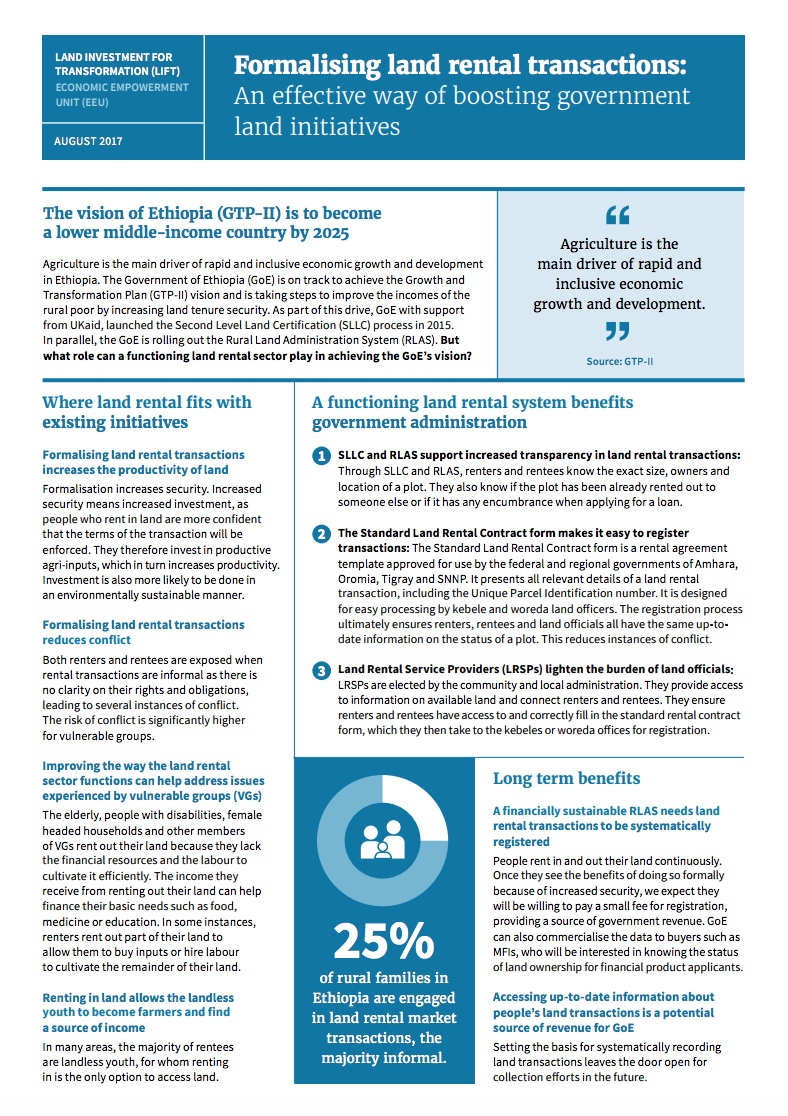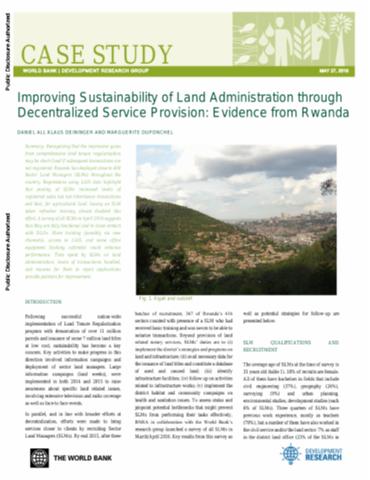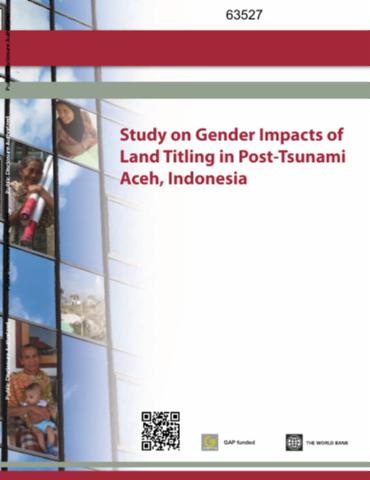Land Transactions in the North of Vietnam: A Modelling Approach
The use of mathematical models to describe the interactions of variables is useful in modern management. In this paper, a 'mixed' model combining the knapsack problem, a household model and a form of spatial equilibrium model into a modelling framework is developed. The impacts of changes in off-farm wage rates, transaction costs in the rental market, the output prices of paddy crops, and land transactions were examined in the model.









